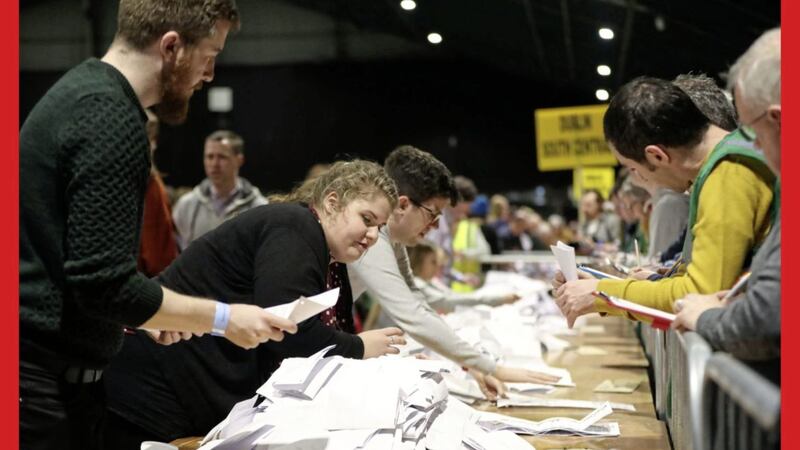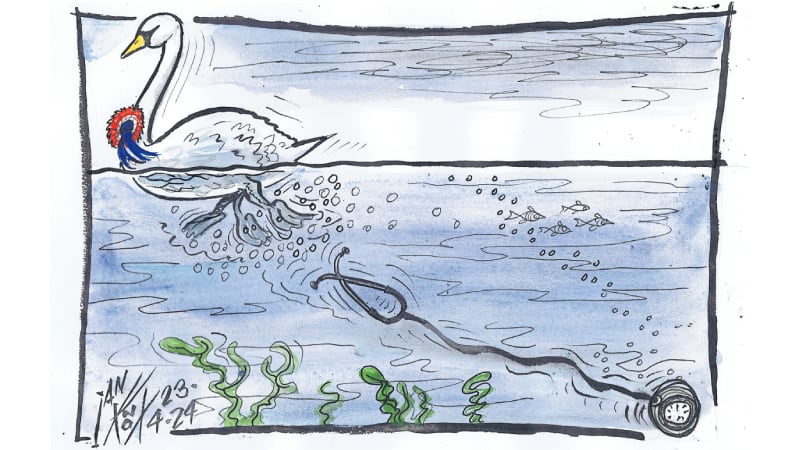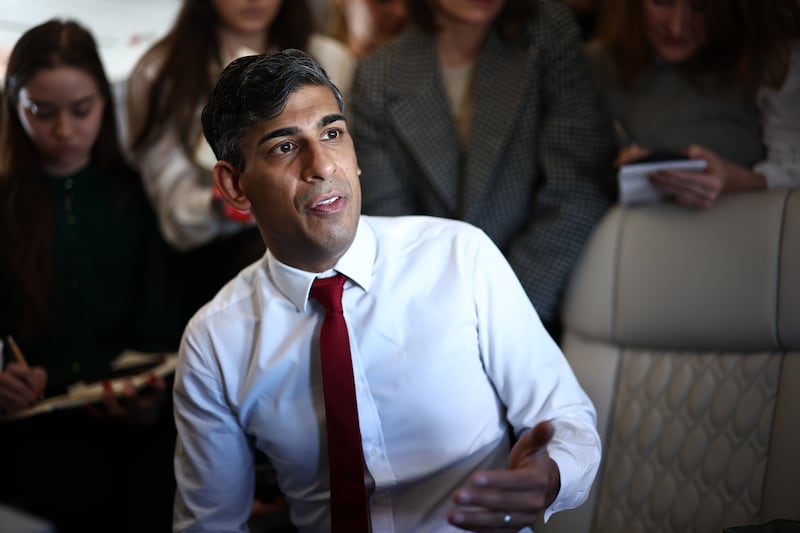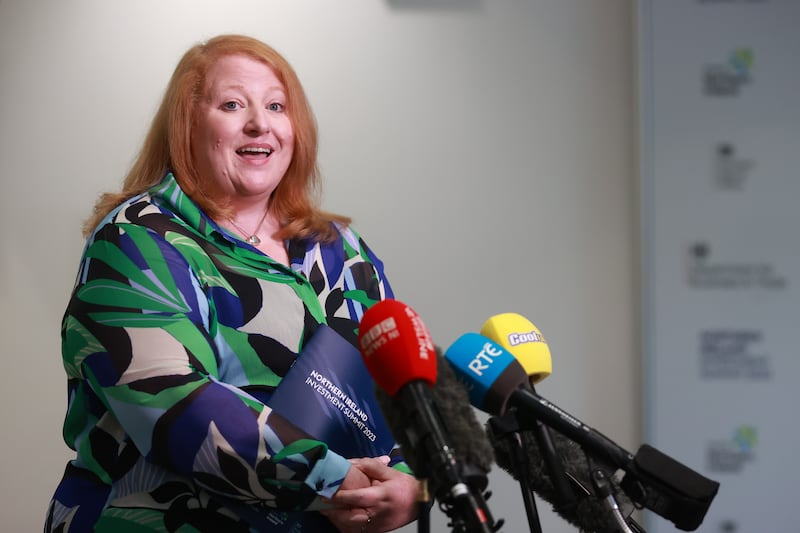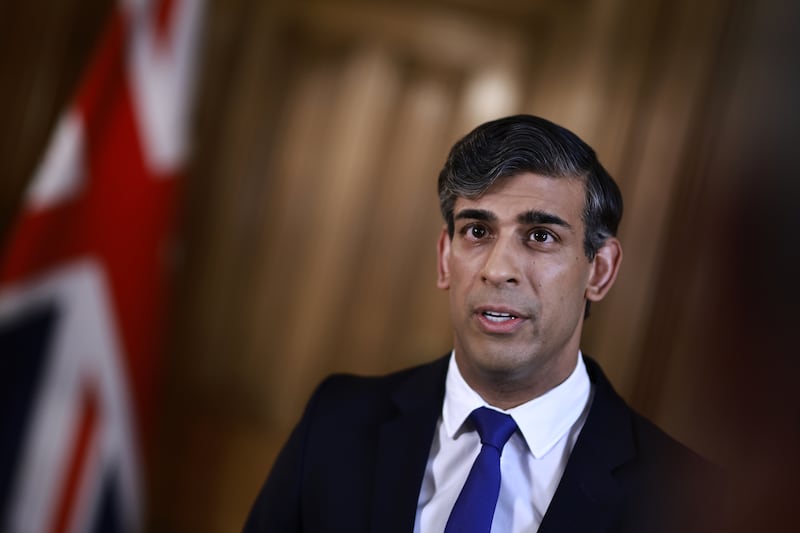THE only regrets Sinn Féin will have in relation to the southern general election is that it didn't run more candidates.
Following fairly devastating council results the party was cautious, standing just 42 candidates in an election that will return 160 TDs to the Dáil.
Leader Mary Lou McDonald had close to two quotas in Dublin Central, showing that a party usually known for good vote management had played it far too safe.
Saturday's exit polls showed no longer would the big two dominate Irish politics. Fine Gael and Fianna Fáil have now a serious rival in Sinn Féin.
The party picked up seats in parts of the country where it has never held them before, with early tallies predicting unexpected gains in Tipperary, Galway West, Clare and Wexford.
Pearse Doherty said Ms McDonald had already started to engage with other party leaders with a view to forming a government.
Read More:
- Sinn Féin surge smashes Republic's political status quo
- Big hitters lose out as Sinn Féin make gains
- Housing and health were standout issues for voters
That negotiation process will not be an easy one.
Any government will need 80-plus TDs to hold a majority, so it was looking like it might take a rainbow coalition to form a precarious alliance.
A post-election autopsy will also now take place to assess changing voter patterns.
Analysis (Premium):
- John Manley: Sinn Féin storms to fore but will it be in government?
- Brian Feeney: Sinn Féin storm blows away old party system
- Deaglán de Bréadún: A change has come - Sinn Féin must now keep up momentum
Back in December the general election in Northern Ireland was at times toxic.
Victims were pitted against each other and used as political currency.
In the end the banners attacking John Finucane did not have the desired effect and the Sinn Féin candidate caused a political earthquake by ousting the DUPs Nigel Dodds.
Lessons should have been, could have been, but clearly were not learned from this failed tactic.
Voters are turned off by negative campaigning and young voters base their decisions at the ballot box not on what went before but future aspirations.
The Repeal and Same-Sex Marriage referenda showed a new Ireland, with voters no longer dictated to either by the Church or a generation of establishment politicians they feel no affiliation towards.
Exit polls showed housing, health and changes to the pension age were what voters most based their decision on. A conflict in a different jurisdiction that ended almost 22 years ago was clearly not a factor.
It has always been Sinn Féin's plan to be in government on both sides of the border and while Irish unity wasn't an issue for voters, the party will obviously use its new electoral clout to hasten preparations for a future border poll.
But it will also now need to deliver on election promises, easily made when on the outside shouting in, harder to deliver when in a coalition government with conflicting party policies competing for priority.
And what impact does all this change have on northern unionists, already concerned that Westminster are going to betray them in the Brexit trade negotiations?
The next few days will be crucial, but what we already know is that this island and its people are changing at a rapid rate while some sections of the media struggle to keep pace.
